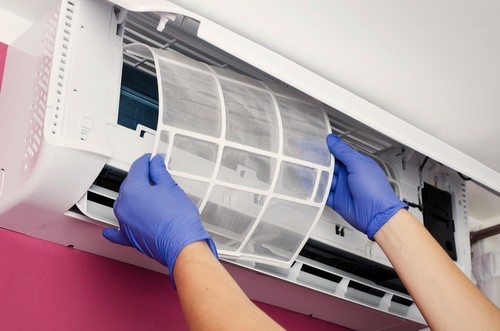It’s not very often, but your air conditioner may turn off on its own, indicating a problem or a lack of maintenance. As a result, we’ve written this article to explain why air conditioners turn off for no apparent reason.
Timer function activated air conditioner
The timer has been set. The timer option on most air conditioners allows you to schedule the unit to switch off at a specific time or at many periods. It’s possible that your device is set up with this feature and you’re unaware of it. The answer is straightforward: simply disable the timer function using the remote control.
Error in the EEPROM
This issue usually occurs in the memory of the air conditioner, resulting in a conflict between the device and its commands. As a result, the system shuts down automatically.
issues with the condenser
The purpose of the condenser is to turn off the device if it gets too hot, dispensing with internal heat. When equipment is located in areas with insufficient ventilation, its cooling capability may be reduced, resulting in overheating and automatic shutdown. Keeping up with equipment maintenance and cleaning is a great method to avoid problems like these.
Issues with gas
When the air conditioner runs out of gas top up, the condenser has a temperature protection feature that turns off the device automatically to avoid further inconvenience. The air may not switch off on its own on cold days, but it does on hot days. As a result, it’s critical to pay attention to the equipment’s warning indications and, if necessary, seek the advice of a professional.
As we’ve seen, air conditioning can turn off on its own for a variety of reasons. It is always important to consult technical assistance and specialised professionals when the device starts to show abnormalities. In some circumstances, the problem is straightforward to resolve, but in others, new equipment may be required.

